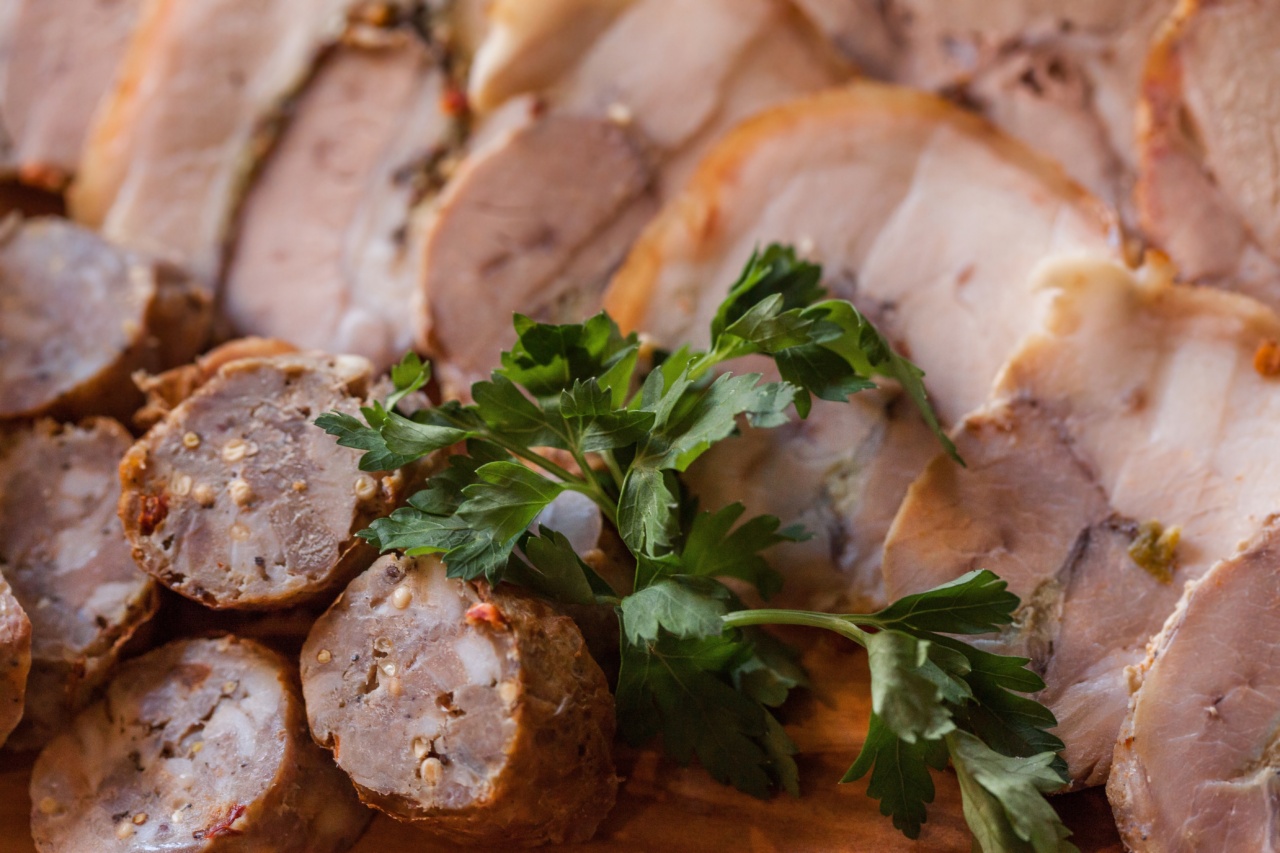Liver fat, also known as hepatic steatosis, occurs when fat accumulates in the liver cells. This condition is often associated with obesity, alcohol abuse, insulin resistance, and certain medical conditions.
However, diet plays a crucial role in reducing liver fat and promoting liver health. By including certain foods in your diet and avoiding others, you can significantly improve your liver health and reduce the risk of liver-related complications.
In this article, we will discuss the best foods to eat and the foods to avoid to reduce liver fat.
Eat More Omega-3 Fatty Acids
Omega-3 fatty acids are essential for the proper functioning of various organs, including the liver. They help reduce inflammation, improve fat metabolism, and prevent the accumulation of liver fat.
Include foods such as fatty fish (salmon, mackerel, sardines), chia seeds, flaxseeds, and walnuts in your diet to boost your omega-3 fatty acid intake.
Opt for Whole Grains
Replace refined grains with whole grains to reduce liver fat. Whole grains like brown rice, quinoa, and oats are high in fiber and nutrients, helping improve insulin sensitivity and reducing the risk of developing fatty liver disease.
Fiber also aids digestion and helps remove toxins from the body, further benefiting your liver health.
Include Plenty of Fruits and Vegetables
Fruits and vegetables are rich in antioxidants and other beneficial compounds that support liver health. They help protect the liver from oxidative stress and inflammation.
Aim for a variety of colorful fruits and vegetables, such as berries, leafy greens, cruciferous vegetables (broccoli, cauliflower), and citrus fruits, to get a wide range of nutrients.
Consume Lean Proteins
When it comes to proteins, opt for lean options like poultry, fish, tofu, and legumes. These protein sources have lower fat content compared to red meats.
They provide essential amino acids for liver repair and are less likely to contribute to liver fat accumulation.
Limit Processed and Sugary Foods
Foods high in added sugars and unhealthy fats can contribute to liver fat accumulation and inflammation. Avoid processed snacks, sugary drinks, desserts, and fried foods.
These foods provide empty calories and lack essential nutrients, increasing the risk of liver damage and fatty liver disease.
Reduce Alcohol Consumption
Excessive alcohol consumption is a leading cause of liver fat accumulation and liver disease. It is important to limit your alcohol intake or avoid it altogether to maintain a healthy liver.
If you choose to drink, do so in moderation and consider opting for healthier alternatives like red wine, which contains antioxidants.
Watch Your Sodium Intake
High sodium intake can lead to fluid retention and liver damage. Reduce your consumption of processed and packaged foods, as they often contain high amounts of sodium.
Instead, flavor your meals with herbs, spices, and salt alternatives to lower your sodium intake and support liver health.
Avoid Trans Fats
Trans fats are artificial fats commonly found in fried and processed foods. They increase inflammation, insulin resistance, and the risk of liver fat accumulation.
Check food labels and avoid products that contain partially hydrogenated oils, which are a major source of trans fats.
Stay Hydrated with Water and Herbal Teas
Proper hydration is crucial for liver health. Drinking enough water and herbal teas helps flush out toxins and supports overall liver function.
Limit your intake of sugary beverages and opt for hydrating options like infused water, herbal teas, and unsweetened drinks.
Engage in Regular Physical Activity
Physical activity plays an important role in reducing liver fat and improving overall liver health. Regular exercise helps burn excess fat, improve insulin sensitivity, and promote weight loss.
Aim for at least 150 minutes of moderate-intensity exercise or 75 minutes of vigorous exercise per week.
Conclusion
Reducing liver fat requires a combination of a healthy diet, regular exercise, and lifestyle changes. Incorporating foods rich in omega-3 fatty acids, whole grains, fruits, vegetables, and lean proteins can significantly improve liver health.
Avoiding processed foods, excessive alcohol consumption, trans fats, and high sodium foods is equally important. By following these dietary recommendations and making positive changes to your lifestyle, you can reduce liver fat, prevent liver-related complications, and promote overall well-being.





























